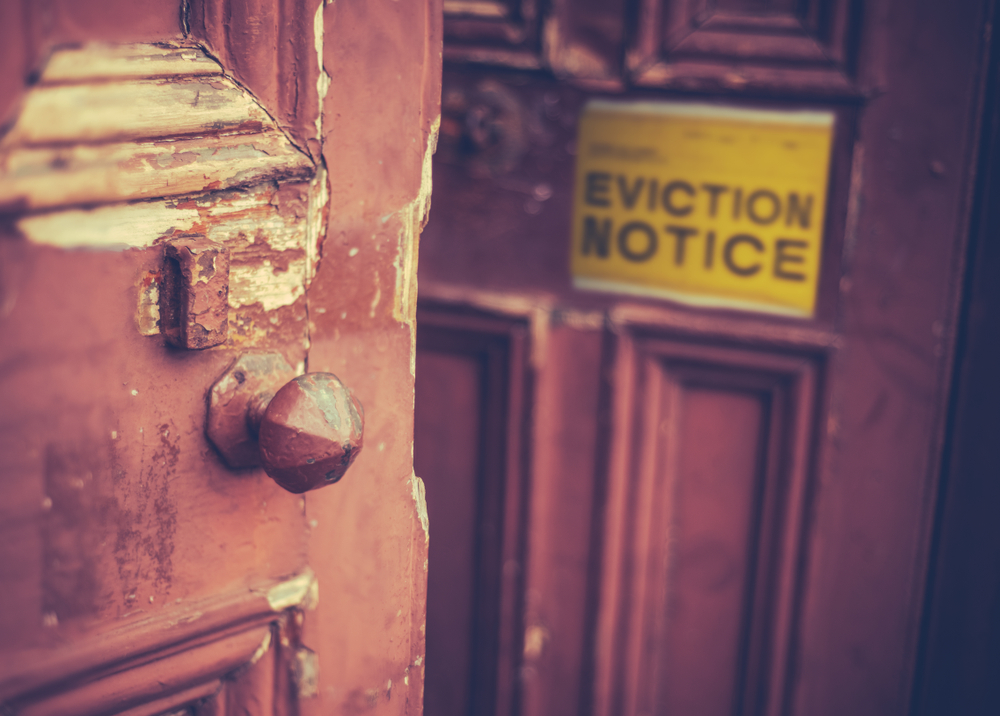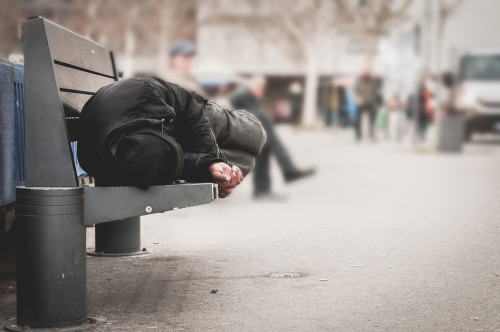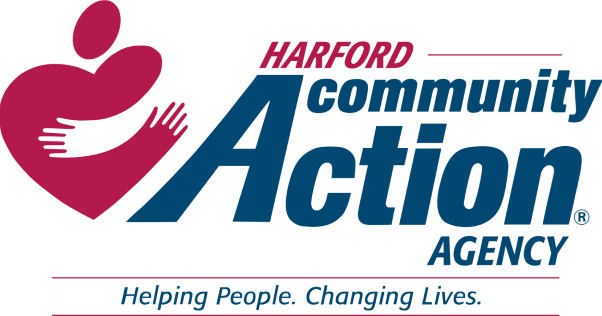Homelessness Prevention
HCAA screens homeless individuals in Harford County to be placed in the Welcome One Shelter, operated by Faith Communities and Civic Agencies United (FCCAU). The FCCAU Shelter has 27 male beds and 6 female beds. During freezing weather months, screening for homeless residents includes motel placement or placement into the emergency rotating shelter, according to Harford County’s Freezing Weather Plan.
Am I Eligible for Homeless Services?
FY 2022 Income Limits
Criteria for Homeless Prevention & Rapid Re-Housing Program Assistance
| FY 2024 30% of Median – HSP Grant Funds | |||||||
| 1 Person | 2 Person | 3 Person | 4 Person | 5 Person | 6 Person | 7 Person | 8 Person |
| $25,500 | $29,200 | $32,850 | $36,500 | $39,450 | $42,350 | $45,420 | $50,560 |
| FY 2024 50% of Median – ESG-CV Grant Funds | |||||||
| 1 Person | 2 Person | 3 Person | 4 Person | 5 Person | 6 Person | 7 Person | 8 Person |
| $42,600 | $48,700 | $54,800 | $60,850 | $65,750 | $70,600 | $75,500 | $80,350 |
Homeless Prevention – Eligibility
- A completed SSP application that summarizes the homeless prevention request from the head of household.
- Photo ID for head of household.
- Social security cards for entire household
- Last 30 days of income for entire household which may include earned income, Social Security Administration disability or retirement benefits, child support, Temporary Cash Assistance and general assistance from natural supports.
- Eviction notice or memorandum from landlord indicating at-risk status which can include a current ledger.
- Updated (Same as program year) and signed W-9 form from the landlord.
Rapid Re-Housing Program Eligibility
- A completed SSP application that summarizes the Rapid Re-Housing Program assistance request from the head of household.
- Any household living in a place not meant for habitation i.e. tent encampment, outside dwelling place or personal vehicle.
- Any household exiting from a congregate shelter or transitional housing provider.
- Any household that is fleeing, or is attempting to flee a domestic violence situation.
- Any households residing in hotels/motels paid for by churches, charitable organizations or by federal, state and local government programs within the last 30 days.
- Any household exiting an institution where they resided for 90 days or less and who resided in an emergency shelter or place not meant for human habitation immediately before entering that institution. NOTE: HCAA’s Coordinated Access will need to confirm the housing status prior to the institution stay before RRH services are provided.
Once Rapid Re-Housing Program services are provided, what’s next?
- For RRH, approved households will have to identify and apply for an affordable housing opportunity that meets their overall preferences.
- Each household can request the Supportive Services Program housing resources list to assist with housing identification in Harford County.
- RRH Households should be actively addressing housing barriers such as personal credit, vital records and proof of income for application processes.
- Most housing in Harford County requires households to have access to identification, birth certificates and social security cards for ALL household members, and income verification documents.

Homeless Services
Homelessness Prevention assistance is for households at risk of homelessness. Homelessness prevention assistance is intended to provide housing stabilization services necessary to prevent an individual or family from moving into an emergency shelter, the streets, or a place not meant for human habitation.

Rapid Re-Housing
Rapid Re-Housing Program (RRH) assists household(s) who are living on the street, in their vehicles, coming out of shelter or fleeing domestic violence with housing location assistance, with security deposit and first month’s rent.
Note: Third Party verification will be required to confirm housing status from other service providers in order to establish RRH criterion.

Street Outreach
Street Outreach is an intervention is designed to meet those who are experiencing homelessness where they are. This can and will mean places that are not meant for habitation, i.e. tent encampments, inside an operable or inoperable vehicle, vacated or abandoned house, etc.
These interactions are provided with the hope of establishing rapport and ultimately linking these individuals to services within the Continuum of Care that include shelter placement, permanent supportive housing placement, mental health assistance, vital records aid, medical assistance and stable independent living via Rapid Re-Housing Program.

Concerned Citizens Form
Have you seen someone who may need our assistance? Please contact us directly so that we can see if assistance is necessary.

The Continuum of Care program is designed to assist sheltered and unsheltered homeless people by providing the housing and/or services needed to help individuals move into transitional and permanent housing with the goal of long-term stability.

Apply For Services
Apply for Services through Harford Community Action Agency.

